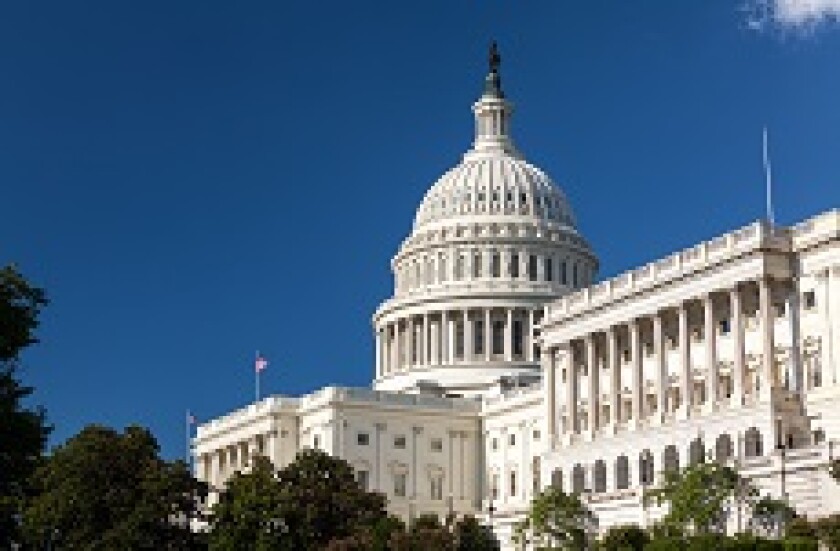The environment in the capital is as poisonous as it was during the dark days of the government shutdown of 2013. The government went through this charade again last month, before a stop gap funding bill was passed keeping the government running until December 9.
In this environment of unprecedented hostility between the parties, regulatory reform, or even clarity on the trajectory of impending regulation, is impossible to come by. It isn’t that financial market participant want to dodge, or even necessarily soften all of the regulations added since the crisis. The problem is that when it comes to seeking clarity on an issue, the best guidance that government officials can give is that firms should work within the “spirit of the rules”.
Whose fault is this and how did we get here?
Financial industry advocates have been lobbying Congress for legislation on a number of topics ranging from sensible Dodd-Frank reform, to clarity on the future of Fannie Mae and Freddie Mac, to the passage of the Trans Pacific Partnership trade deals.
However, instead of actively pushing for slight changes to Dodd-Frank and risk retention as industry advocates have hoped for, the House Financial Services Committee has instead focused on introducing the Financial CHOICE Act, a bill which would dismantle many parts of Dodd-Frank and the CFPB.
The bill is little more than a political statement and has about as much chance of becoming law as Donald Trump has of becoming Pope.
Not only is the CHOICE bill doomed to fail, it also will rile Democrats to the point where they will likely oppose any change to Dodd-Frank which Congress considers this year, no matter how slight.
Prominent Democratic politicians, like Senator Elizabeth Warren (D-Mass), have already expressed opposition to Dodd-Frank reform, and are unlikely to be amenable to even sensible change if Republicans continue to set up their stall as a party which is looking to completely dismantle the legislation.
And while Republicans control both houses, rules in the Senate means that a party with less than 60 seats cannot push through legislation on a whim.
Much of what the Financial CHOICE act is trying to achieve is market friendly, but by declaring war on the key piece of financial legislation to emerge from the crisis, Republicans are painting themselves as soft touch financial regulators which, given Wells Fargo’s recent scandal, is not a mantle the GOP should be seeking to adopt.
Following the outrage over fraudulent practices at Wells Fargo, Democrats have responded in kind with an equally unfeasible proposal. During the testimony of Wells Fargo CEO John Stumpf last week, House Financial Services Committee ranking member Maxine Waters (D-Calif) stated that she would propose legislation that will break up the bank.
Waters is making this threat in a Republican-controlled House of Representatives where any attempt to forcibly break up Wells Fargo or any other bank that Democrats set their sights on will almost certainly fail.
Republicans view the government’s role in financial supervision as too large already, and would likely be sent into catatonic shock at the suggestion that large banks could be forcibly broken up at the whim of left wing lawmakers.
At this stage, senior Democrats and Republicans are using their positions in the legislature to essentially act as political think tanks, proposing unworkable legislation to score political points.
When markets and people depend on Congress to enact meaningful legislation that will sensibly ease regulatory pain, or determine the future of the US housing market, the current political environment in Washington is not only undesirable, it is highly irresponsible.
Once again, this puts all the pressure of actually legislating onto a lame duck Congress after the election. If the only time you can expect lawmakers to do anything meaningful is the one time they are no longer accountable to voters, what’s the point of having elections in the first place?

